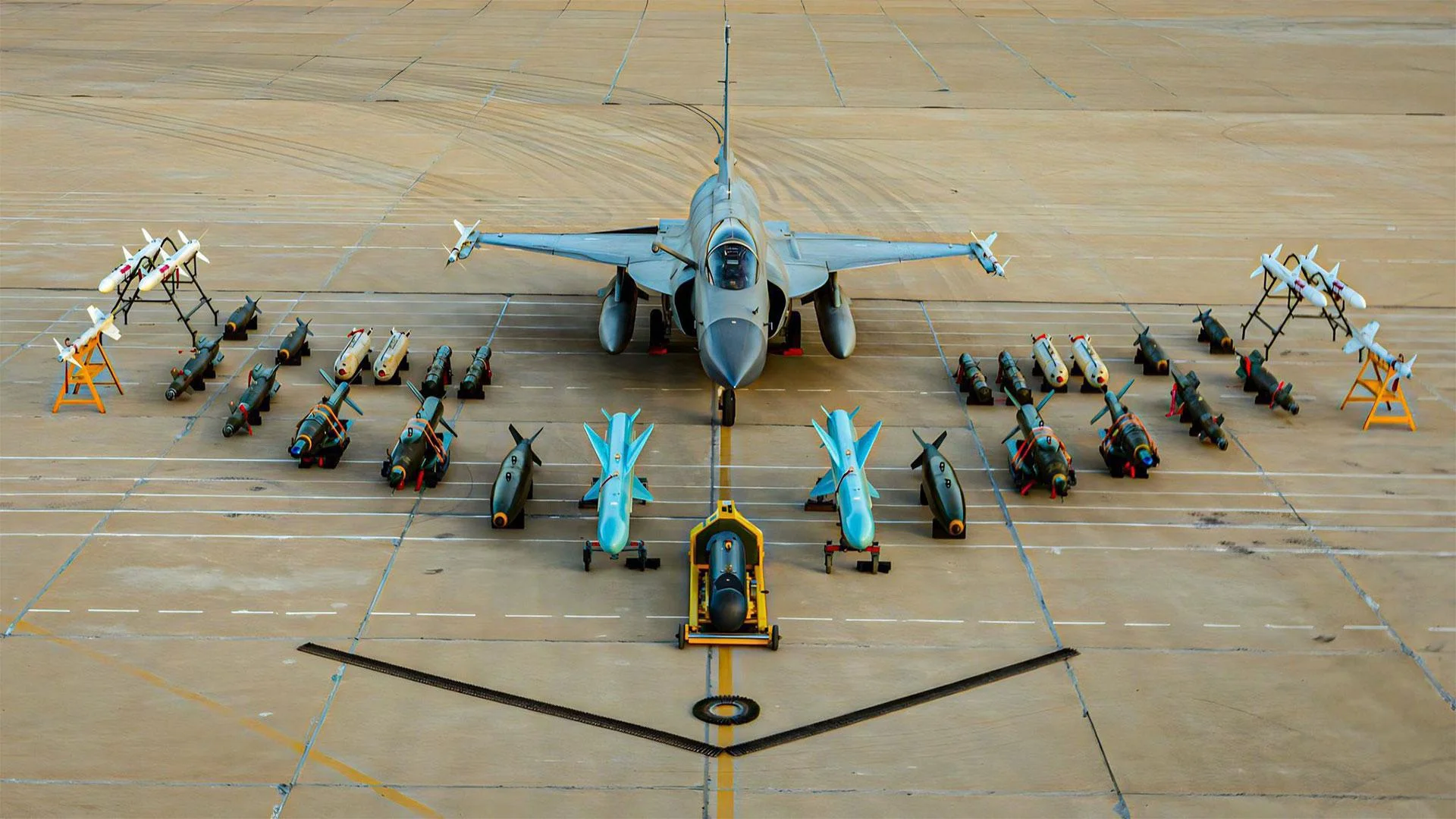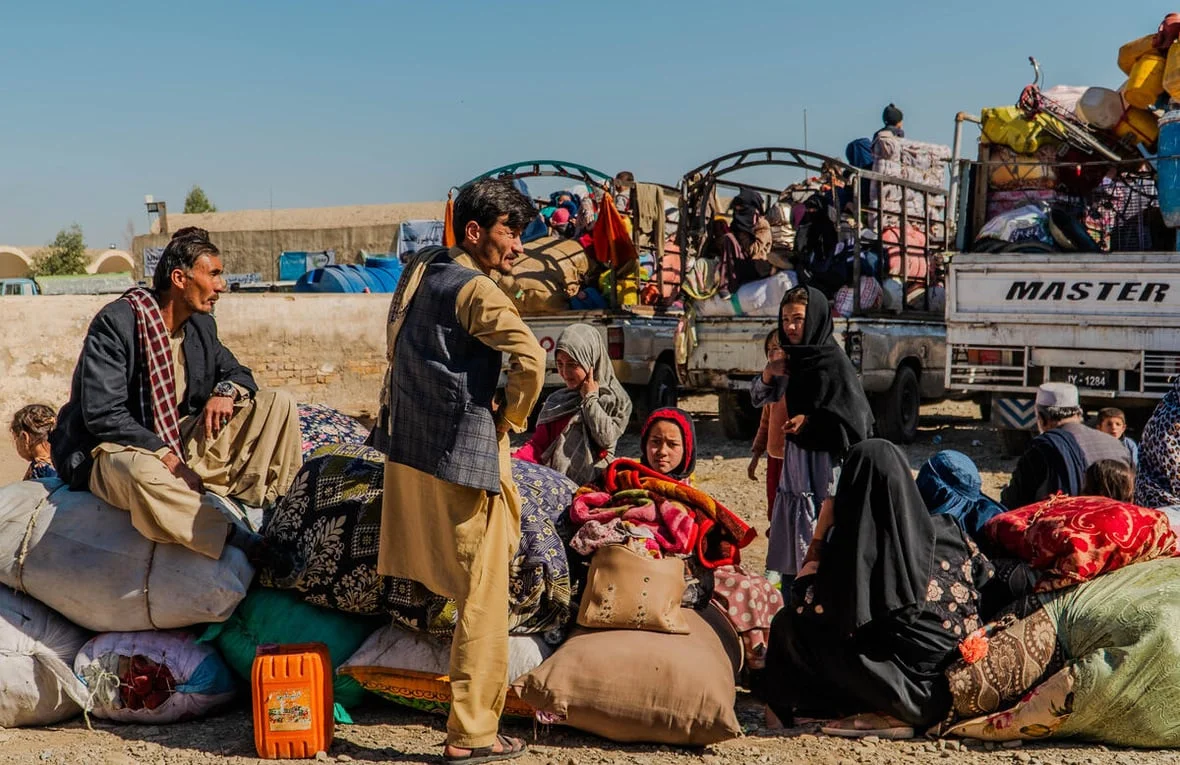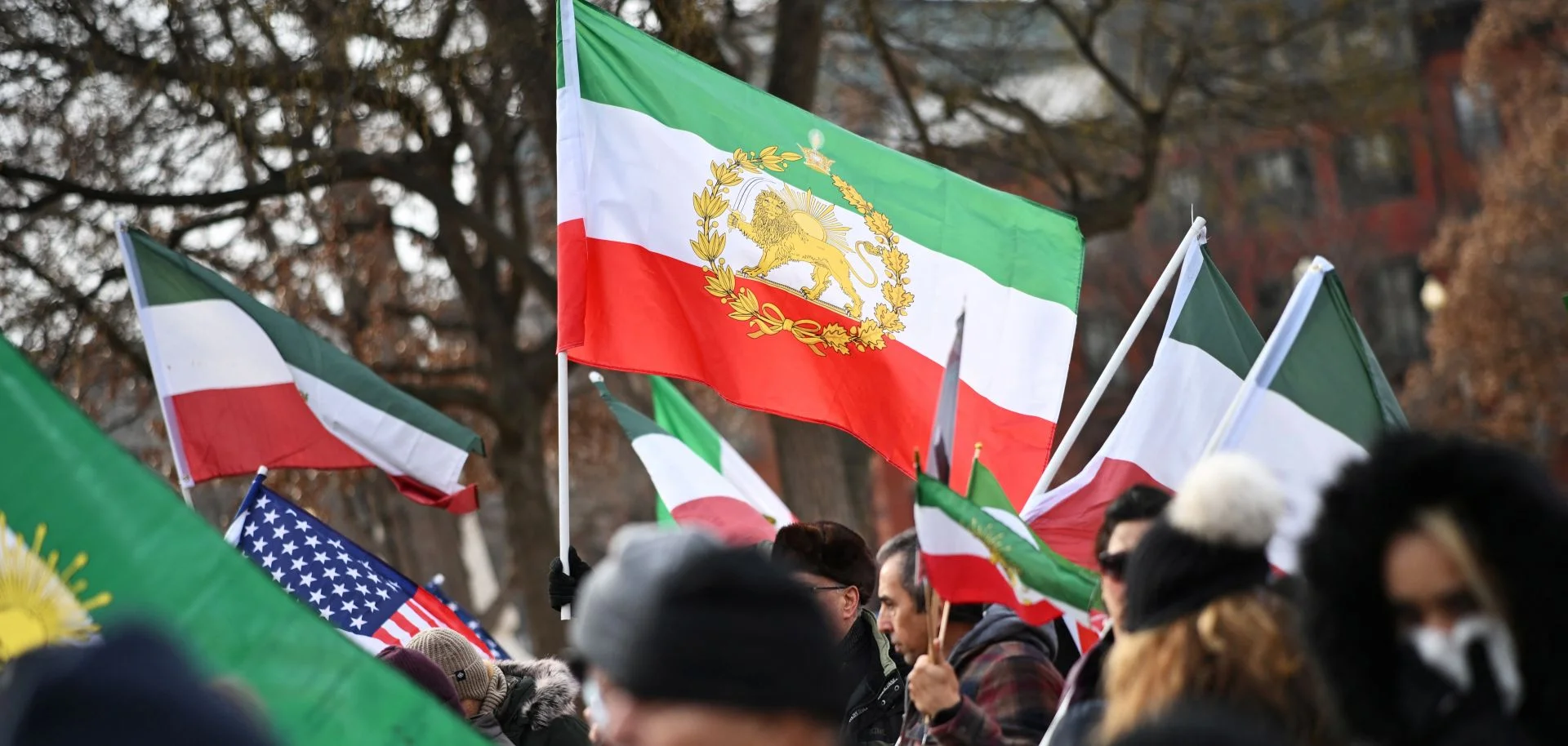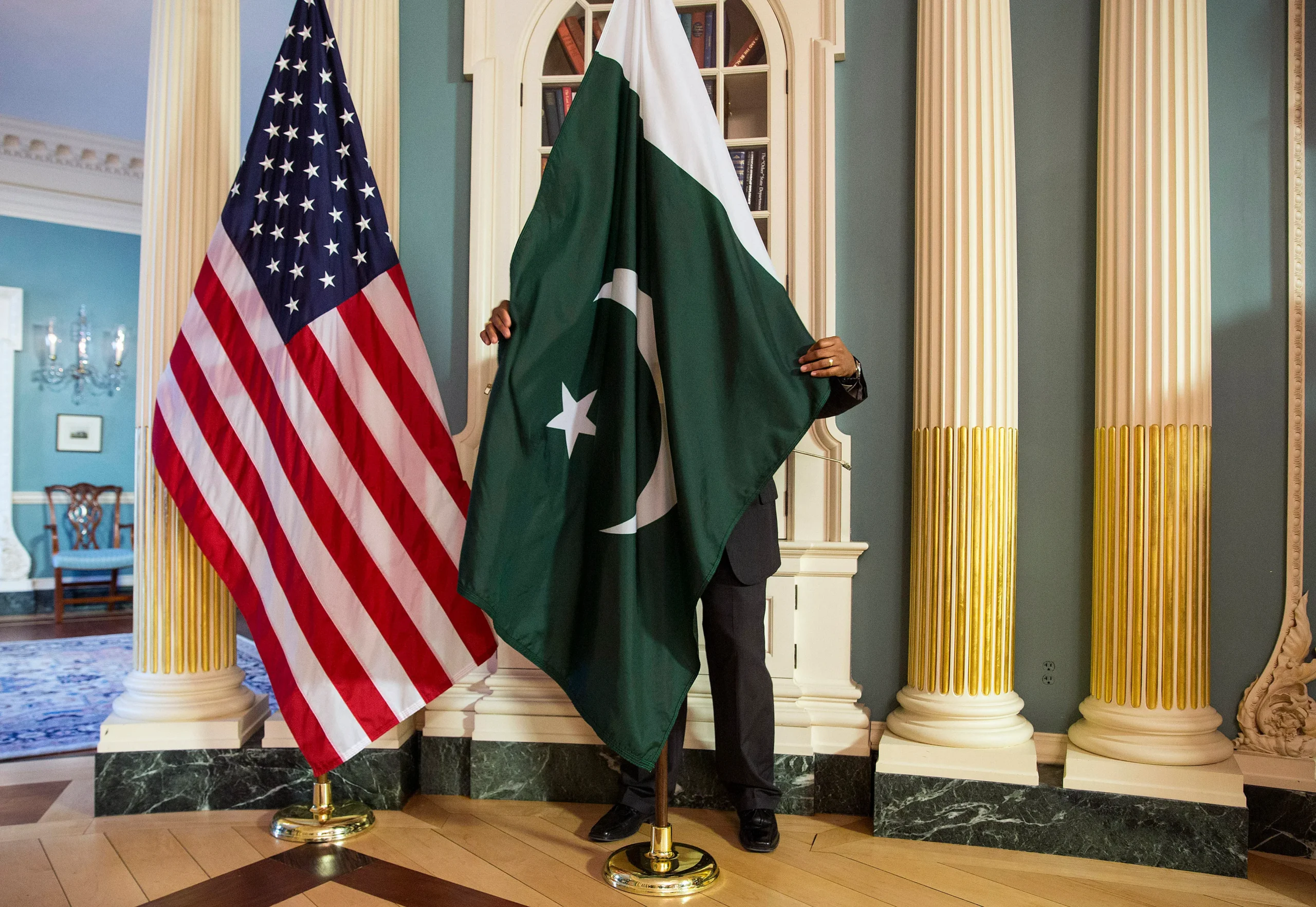After a lengthy delay, Pakistan’s ambitious electric vehicle (EV) policy was approved for implementation this month, but a late-stage change leaves cars out of its first phase.The current strategy, implemented on June 10, was initially endorsed by Prime Minister Imran Khan in November to reduce air pollution and mitigate climate change.
The policy plans to introduce half a million hybrid bikes and rickshaws, along with more than 100,000 electric vehicles, and buses, into the transportation network in the next five years. The goal is to have at least 30% of all vehicles running on electricity by 2030.
Covering buses and trucks, as well as two- and three-wheel vehicles, including rickshaws and motorcycles, the new policy introduces a raft of incentives to encourage manufacturers to start producing electric vehicles and customers to buy them.
Eventhough electric cars may be more expensive to invest in initially, manufacturers promise swift returns on investments claiming the cars would be less expensive to maintain than their traditional oil guzzling rivals.
One potential obstacle to the speedy uptake of EVs is a lack of charging infrastructure. To address that, the policy makes it cheaper for authorities and companies to install charging stations in cities and along motorways.
Moreover, in a country where large cities routinely suffer high levels of air pollution, the benefits to Pakistan’s environmental health will also be significant, he added.
Each electric vehicle produces 65% fewer pollutants than traditional petrol-powered engines, Said Malik Amin Aslam, climate change advisor to the prime minister. According to the latest World Air Quality Report, Pakistani and Indian cities dominated the most polluted cities in 2019.
Much of that pollution is due to Pakistan’s rapid motorization, environmental experts say. A World Bank study published in 2014 noted that the number of vehicles on the country’s roads jumped from about 2 million in 1991 to more than 10 million two decades later. According to Syed Muhammad Abubakar, an independent environmental researcher based in Lahore, the transport sector produces more than 40% of the air pollution in Punjab province.
Critics warn that the policy will take longer for Pakistanis to reap the policy’s environmental and financial benefits, however, it is a step in the right direction.
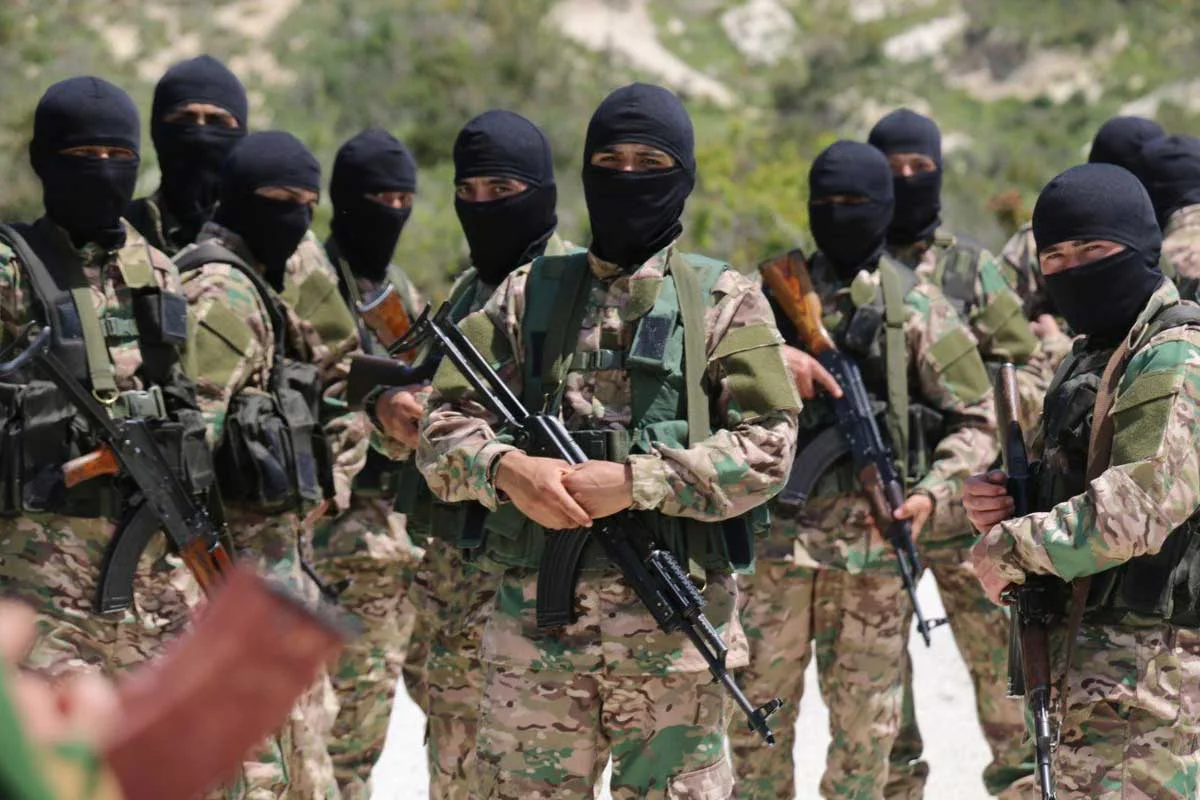
Narrative Management and the ISKP–TTP Ecosystem
The assassination of Maulana Sultan reveals how ISKP and TTP deploy narrative coordination, delayed claims, and interchangeable branding to obscure accountability and sustain regional instability from Afghan soil.


